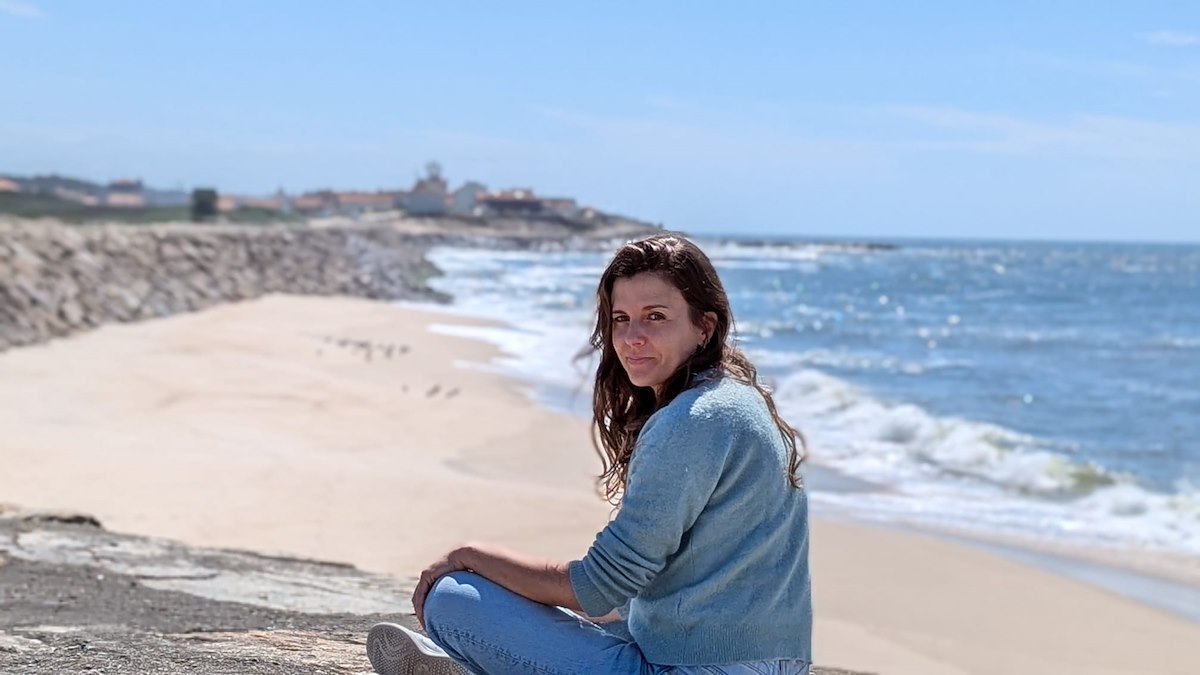The ingestion of macro-litter by marine mammals feeding in the depths of the Atlantic Ocean off the Portuguese and Spanish coasts poses a serious environmental threat. This is the conclusion of research conducted by the Centre for Environmental and Marine Studies (CESAM/DBIO) at the University of Aveiro, which highlights the increasing danger of ocean plastic pollution, particularly for species such as the Cuvier’s beaked whale, pygmy sperm whale, and sperm whale — the latter globally classified as vulnerable.
The study, led by marine biologist Sara Sá, found that large marine debris — items larger than 2.5 centimeters — is commonly present in deep-diving cetaceans across the Ibero-Atlantic region. This form of pollution has become a major contributor to their mortality rates.
According to Sá, “approximately half of the stranded cetaceans recorded between 1990 and 2019 had macro-litter in their digestive systems, and in many cases, this was the direct cause of death.” The examinations revealed the presence of plastic bags and packaging, fishing gear made of plastic and metal, metallic objects, and even leather gloves.
The species most impacted by this problem include the Cuvier’s beaked whale, the pygmy sperm whale, and the sperm whale. The situation is particularly critical for sperm whales, which are listed as “Vulnerable” by the International Union for Conservation of Nature (IUCN). Their feeding strategy — suction feeding along the seafloor — increases the likelihood of unintentionally ingesting marine debris.
Sara Sá describes the situation as “quite severe” and calls for global measures to halt the buildup of plastics in the ocean. Without effective action, populations of these deep-diving cetaceans could face a sharp decline, undermining the balance of marine ecosystems and their ability to adapt to climate change.
The cetaceans examined in the study were found along the northern and northwestern coastlines of the Iberian Peninsula. This includes Portugal’s central-northern coast, from Caminha to Lisbon, as well as the Galician, Asturian, Cantabrian, and Basque coasts in northern Spain.
Due to their preference for deep oceanic waters and steep continental slopes, these species are rarely observed and remain poorly studied. In this context, necropsies of stranded individuals are essential tools for assessing human impacts and monitoring the progression of marine pollution.
Sá emphasizes the need for ongoing research: “Continuing these studies will be key to developing and implementing truly effective conservation strategies.”
